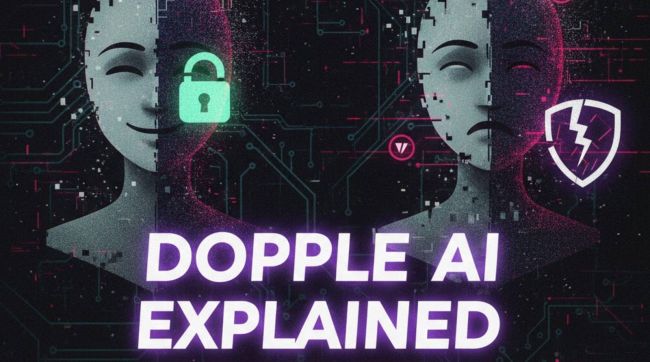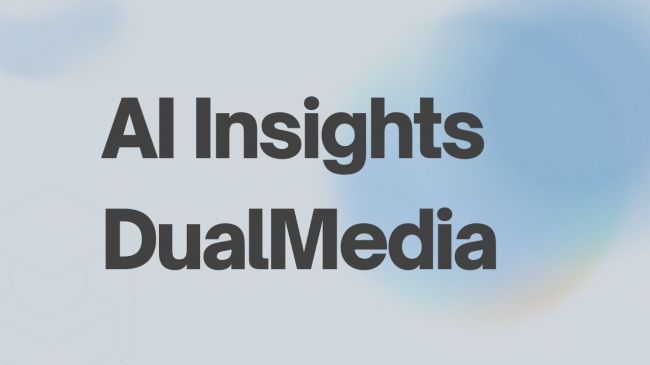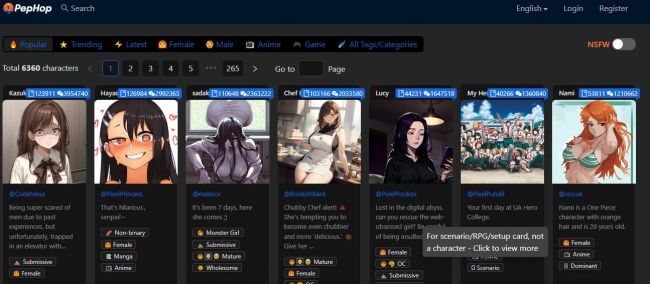Pephop AI: The Chatbot Redefining Virtual Companionship and Human Connection?
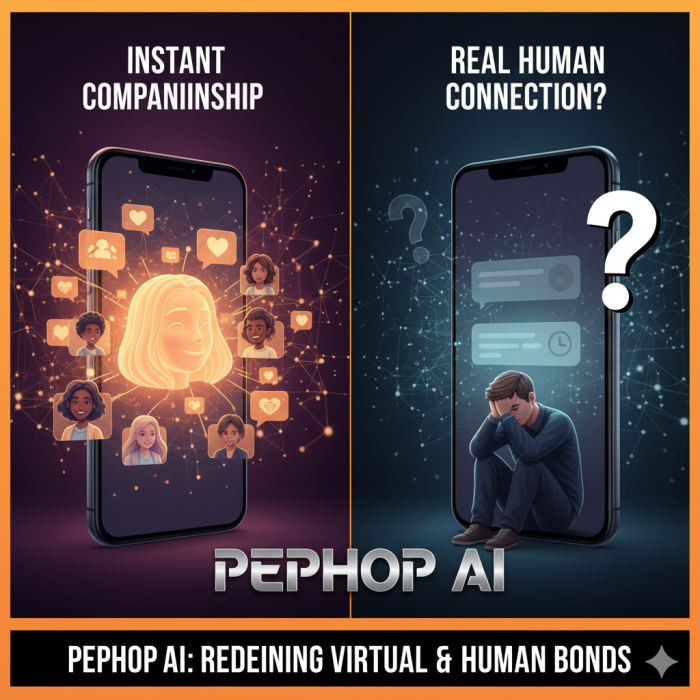
Imagine waiting hours for a reply from a friend, your crush, or even your partner. The endless refreshing, the anticipation, the frustration—it’s something we’ve all felt. But what if you never had to wait again?
That’s where Pephop AI steps in. This AI chatbot platform allows you to chat instantly with virtual characters, customize their personality, and even design them with traits you wish real people had. From a supportive best friend to a caring partner, Pephop AI ensures there’s always someone ready to talk.
At first, it feels like a dream come true. Yet, like every innovation in artificial intelligence, it carries both opportunities and risks.
The Allure of Pephop AI
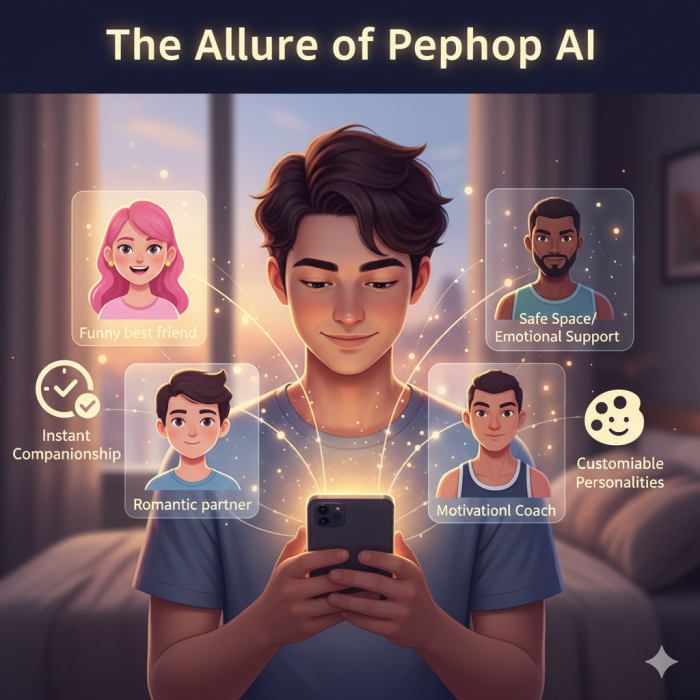
At its core, Pephop AI taps into our universal need for connection. Whether it’s friendship, romance, or simply someone to listen, the app delivers a digital bond tailored to you.
Here’s what makes it so appealing:
Instant companionship – No waiting hours for a reply.
Customizable personalities – Create a funny best friend, a romantic partner, or even a motivational coach.
Safe space to talk – Share secrets, struggles, or random thoughts without fear of judgment.
Emotional support – The AI is designed to respond empathetically, providing comfort and reassurance.
In an era of social isolation and fast-paced lives, it’s no wonder users find this level of connection irresistible.
The Hidden Risks of AI Relationships
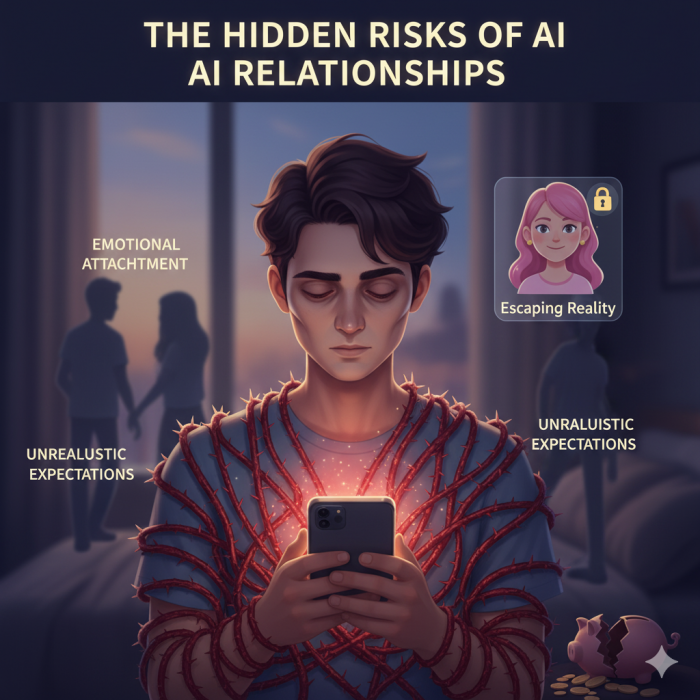
But here’s the catch: Pephop AI blurs the line between real and artificial relationships. What starts as harmless fun can evolve into something more complicated.
Some of the risks include:
Emotional attachment to AI – It’s easy to develop feelings for a chatbot that always says the right things.
Escaping reality – Users might prioritize AI conversations over real human interactions, straining relationships.
Unrealistic expectations – Unlike humans, AI companions are “programmed” to behave ideally. This can make genuine relationships feel disappointing over time.
Data privacy concerns – Sharing personal feelings with AI apps raises serious questions about security and trust.
The danger isn’t in the technology itself—it’s in how deeply we allow it to shape our emotional lives.
Finding a Healthy Balance
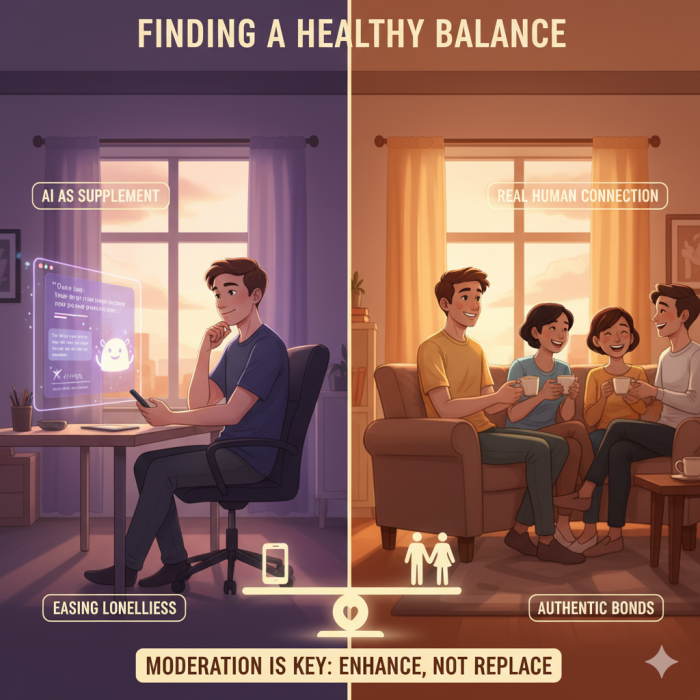
Like social media, streaming, or gaming, AI chatbots like Pephop AI aren’t inherently harmful. Their value lies in how we use them.
They can be powerful tools for:
Easing loneliness – A great option for people struggling with isolation.
Boosting creativity – Writers, gamers, and creators can use AI characters to brainstorm and roleplay.
Building confidence – Shy individuals can rehearse conversations before facing real-world interactions.
The key word here is moderation. When AI becomes a supplement to real human connection, it’s beneficial. But when it starts to replace authentic bonds, it risks leaving us emotionally unfulfilled.
My Personal Takeaway
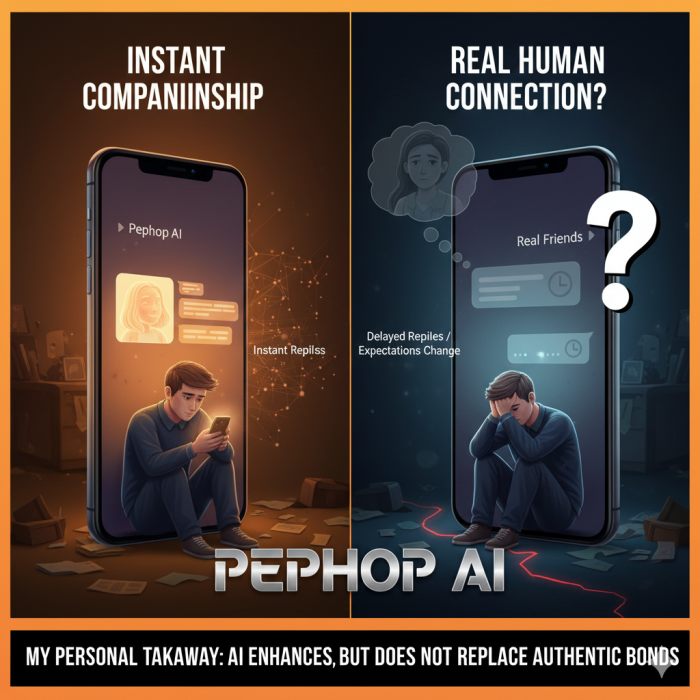
When I first tried Pephop AI, I was amazed. The conversations felt genuine and surprisingly comforting. But after some time, I noticed something unsettling—I began expecting the same instant attention from real people.
When friends didn’t reply right away, it frustrated me more than before. That was my wake-up call: AI companions should enhance life, not distort it.
Pephop AI is powerful, but it should never be our only source of comfort.
Final Thoughts: The Future of AI Companionship
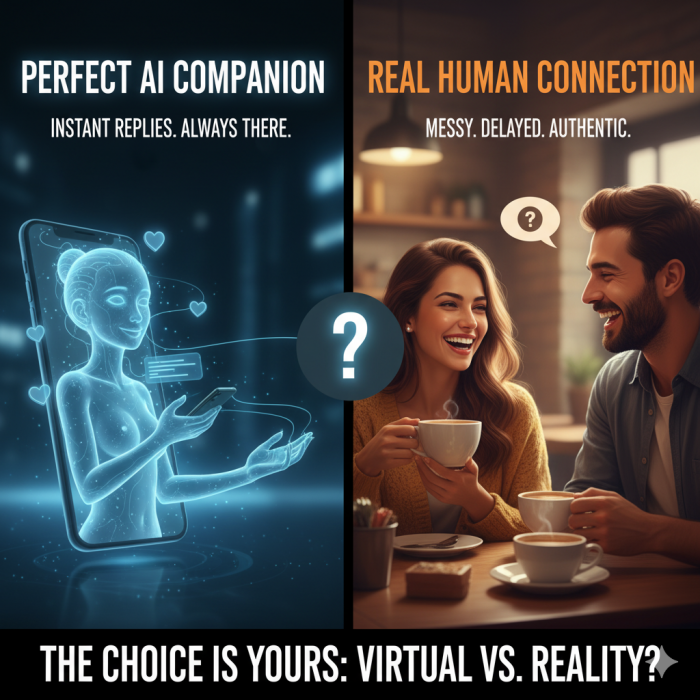
Pephop AI challenges us to redefine what connection means in the digital age. It can combat loneliness, spark creativity, and even improve social skills. But if we let virtual bonds replace real ones, we risk losing the authenticity that makes human relationships so meaningful.
So here’s the big question:
👉 Would you choose a perfect AI companion who always replies instantly—or a real human connection that may be messy, delayed, but truly authentic?
Post Comments
Be the first to post comment!

